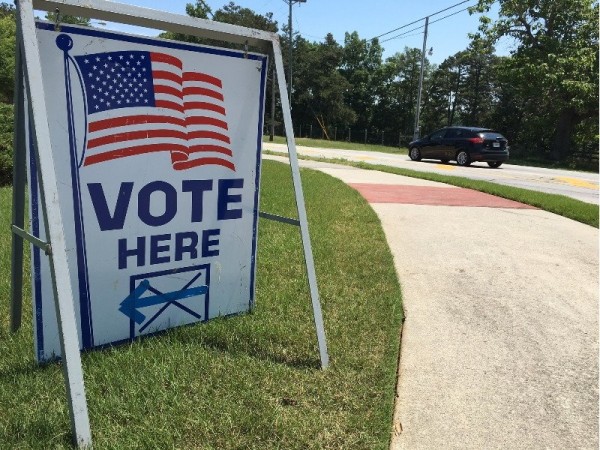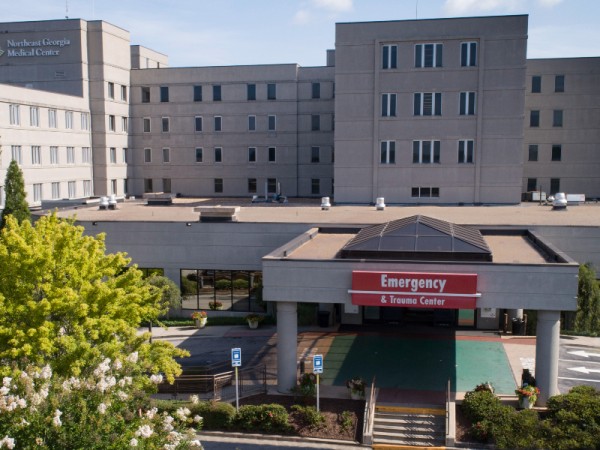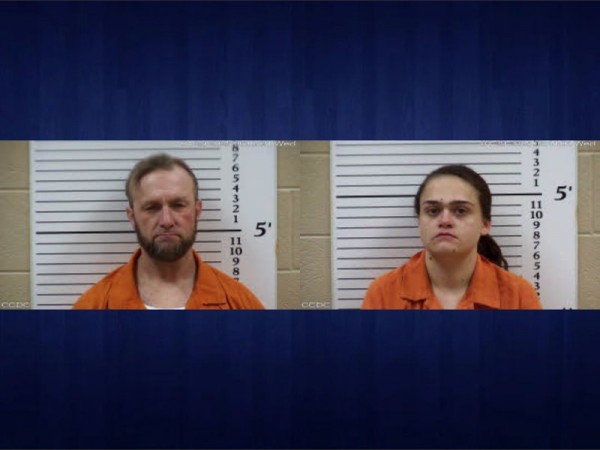ATLANTA - Here are the recommendations of the Northeastern Judicial Circuit Public Defender Study Commission as taken directly from the commission's report. (For reaction to the findings, see separate story.)
RECOMMENDATIONS
Budget and Caseload
Consolidation of services would be more efficient. The Public Defender's office does not need any more attorneys or support staff, but should solve its problems with its current staff. Many members of the Commission feel that the management problems in the office can be solved by a more effective and efficient leadership style from the Public Defender.
Not every person charged with a crime is represented by the PD's office; those who can afford counsel provide their own. The Commission recognizes that defendants to a crime have many rights, one of which is to counsel. However, taxpayers should not be paying more for the defense of fewer persons than they are for the prosecution of crimes in their community.
Conflict cases will continue to be handled by outside counsel, but the state, not the county, should be responsible for the costs.
Develop a management plan to maximize the use of public defender resources and more effectively represent indigent clients.
Chief PD Brad Morris also serves as a municipal court judge in Braselton, Georgia, for two nights per month and in Maysville, Georgia, for one night per month. The Commission requested that he have a different phone number for his work as a PD and his work as a judge, and is pleased to see that this change has been made. While there is no technical conflict in Mr. Morris' judgeship, the GPDSC would like to see its PDs devote their full time to being public defenders.
Phase in new attorneys and cost-cutting measures over a one-year transition period to allow appointed attorneys to complete previously assigned cases.
Indigent Defense
According to Mike Mears, Executive Director of the GPDSC, the Indigent Defense Office should be phased into the Public Defender's office. The Northeastern Circuit is not in compliance with the statute by keeping the two offices separate.
District Attorney Lee Darragh expressed concern that there could be conflicts of interest by putting the two offices under one roof. Mr. Mears assured the Commission that the discretion to take cases is not given to the PD; income limits in the statute (O.C.G.A. 17-12-2(5)(A)) determine which people are indigent and eligible for services and which are not. The GPDSC is working on a state-wide income verification system so that people do not receive services to which they are not entitled.
The Commission also recommends that the verification process for indigency be updated to rely on impartial information to better determine who is indigent and in need of services from the PD's office so that those who can afford their own defense are not using taxpayer money.
Communication
Data integration would improve communication and coordination of services. An equitable caseload per attorney would allow more attorneys to carry full caseloads and reduce the need for additional appointed cases, saving Hall and Dawson County taxpayers unnecessary expense.
Ensure that information sharing between the PD's office and the judicial system be the same for defendants who can afford to retain private counsel and those who are indigent.
Open Meetings and Accountability
The Commission would like the proceedings, including the votes by individual members, of the Public Defender Selection Committee to be open to the public.
The Selection Committee appears to be accountable to no one. Members of the selection committee serve five-year terms, but they are appointed by public servants who serve either two or four-year terms.
In the Northeastern Circuit the county Commissioners, the local sheriff and the local District Attorney expressed grave concerns about reappointing the Public Defender. These concerns reached the General Assembly resulting in this Study Commission. In June Mike Mears (Executive Director of GPDSC) requested in writing that the Selection Committee delay their appointment decision until the publication of the legislative study commission.
Yet the Selection Committee determined on its own, in a closed meeting with a closed vote, and with accountability to no one to reappoint the Public Defender well before this Commission made its findings public in this report.
This Commission believes that a non-elected Selection Committee should not wield more authority than elected officials who answer directly to the people of their county and their state.
There needs to be put in place a mechanism for increased accountability to taxpayers and citizens by the Selection Committee to ensure that its members do what is best for the people they ultimately serve.
It is the belief of the Chairman and other members of the Commission that the decisions of the Public Defender Selection Committee should be open to the public as are the votes of elected officials and the meetings of the Georgia Public Defender Standards Council.
Tuesday
July 1st, 2025
8:11AM
















